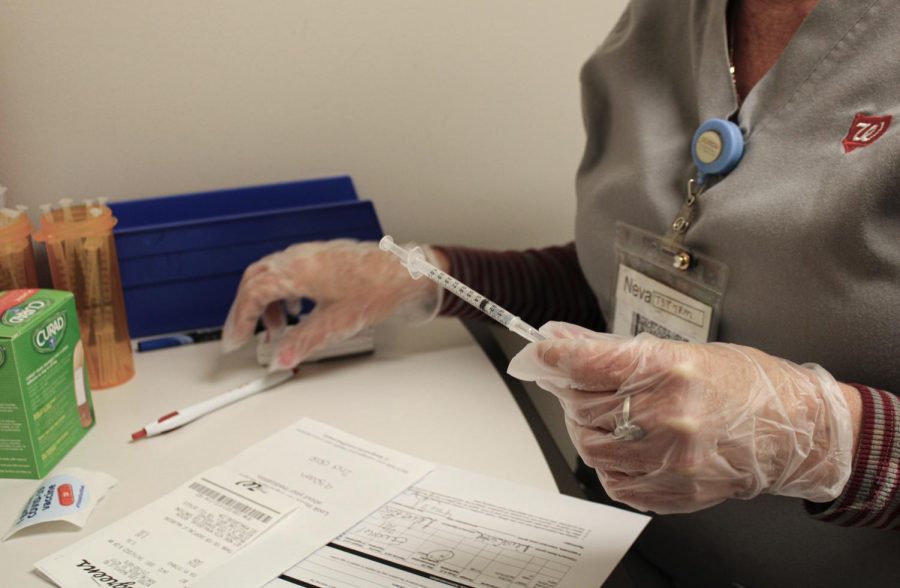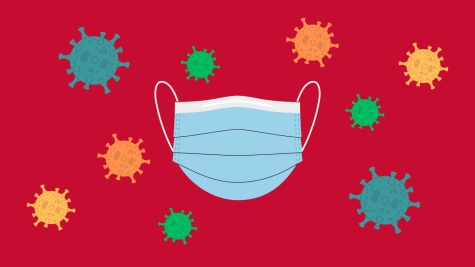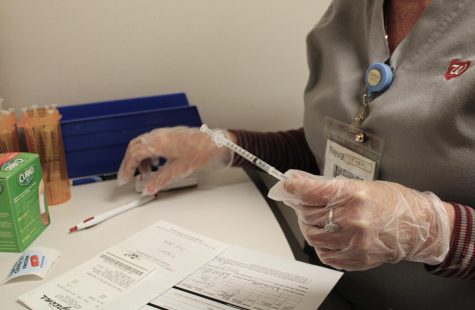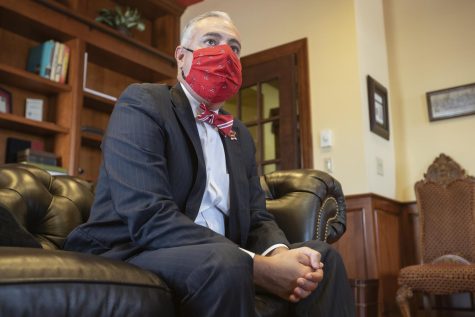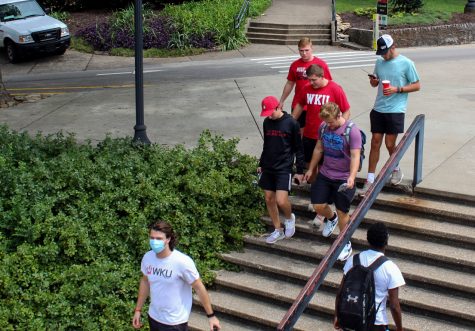WKU offers COVID-19 vaccine boosters on campus
Jace Lux, WKU’s director of media relations and university spokesperson, explained that the university looks both to the CDC and its in-state peers to set COVID-19 policies.
December 6, 2021
WKU is currently offering Moderna boosters at the Graves Gilbert Clinic, confirmed Jace Lux, WKU director of media relations.
Students are able to walk into the clinic to receive a booster, but making an appointment is the best way to guarantee availability on any given day, Lux said.
According to the Kentucky Cabinet for Health and Family Services, anyone 65 years or older, 18 or older living in a “long-term setting,” or “high-risk” can receive the booster.
For anyone who received both doses of the Pfizer or Moderna vaccine, the booster is recommended six months after vaccination. For anyone who received a single dose of Johnson & Johnson, the booster is recommended two months after original vaccination.
The Center for Disease Control and Prevention recommendations allow for receiving a different dose for the booster than the original vaccine, meaning if an individual received Pfizer originally, they can still receive a Moderna booster.
“WKU continues to recommend that members of the campus community do all they can to keep themselves and others safe,” Lux said. “Being vaccinated, including receiving recommended boosters, remains one of the most effective ways to prevent the spread of the virus and to prevent serious illness if contracted. WKU encourages anyone with concerns about the vaccine to contact their healthcare provider.”
89% of the 8,654 who responded to the university’s survey are vaccinated as of Nov. 23, 2021.
“The booster bolsters your immunity to serious illness, hospitalization, or death due to the virus,” Susan Eagle, public health professor, said. “It also lessens your likelihood of contracting and, importantly, spreading the virus.”
Many students on campus are deciding whether or not to get the booster, especially after the possibility of a new strain of COVID-19 called omicron.
Katelyn Mattingly, a freshman studying biology with a pre-med focus, said is not currently planning on receiving the booster.
“For a while, I wasn’t planning on getting vaccinated. I was worried about the long term effects and it still is scary to think about,” Mattingly said. “I decided to get vaccinated before coming to Western because I knew how stressful it would be with contact tracing and making sure I’m not getting anyone sick when I would be exposed to so many people. I decided it’s best to just focus on what’s the better choice for right now.”
Cassidy Thompson is a sophomore who intends to get the booster shot.
“We got vaccinated to keep ourselves safe and others we were around safe as well,” Thompson said. “If a booster is offered near me, I do intend to get one.”
As the several variants of the virus are spreading throughout the U.S. Eagle said it is important to get the booster prior to traveling.
“If you are currently eligible, getting the booster before traveling over Winter Break is a really good idea. It protects not only you, but also your friends, family, and loved ones,” Eagle said.
Digital News Editor Debra Murray can be reached at [email protected]. Follow her on Twitter @debramurrayy

